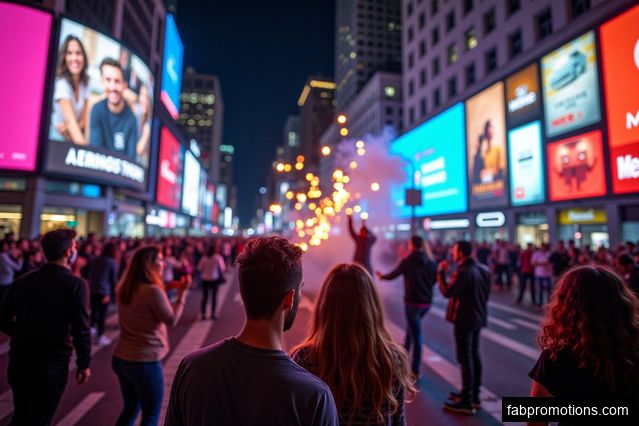Creating Memorable Experiences
Experiential marketing goes beyond traditional advertising methods by focusing on creating immersive and memorable experiences for consumers. These experiences aim to evoke emotions and forge a connection between the brand and the audience. Whether it's through live events, pop-up shops, or interactive installations, brands have the opportunity to create an environment that captivates and engages their target demographic.
Personalization and Customization
One of the key aspects of experiential marketing is personalization and customization. Brands can tailor their experiences to meet the specific interests and preferences of their target audience. By incorporating elements such as personalized messages, interactive features, and customized products, brands can create a sense of uniqueness and exclusivity that resonates with consumers.
Engaging Through Storytelling
Storytelling is a powerful tool in experiential marketing. Brands can use narratives to create a cohesive and immersive experience that resonates with their audience. By weaving a compelling story that aligns with their brand values and messaging, brands can evoke emotions and establish a deeper connection with consumers. Through storytelling, brands can engage their audience on an emotional level, making the experience more memorable and impactful.
Interactive Technology
Technology plays a crucial role in experiential marketing, providing brands with innovative ways to engage their audience. Augmented reality (AR), virtual reality (VR), and interactive displays are just a few examples of how technology can enhance the experiential marketing experience. By incorporating these interactive elements, brands can create a sense of novelty and excitement, leaving a lasting impression on consumers.
Measuring Success and ROI
Measuring the success of experiential marketing campaigns is essential to understand their impact and ensure a positive return on investment (ROI). Brands can track various metrics, such as social media engagement, foot traffic, and brand sentiment, to gauge the effectiveness of their campaigns. Additionally, collecting feedback from participants can provide valuable insights and help refine future experiential marketing strategies.
Creating Lasting Brand Advocates
Experiential marketing can turn consumers into brand advocates. By providing a memorable and authentic experience, brands can create a positive association in the minds of their audience. These brand advocates are more likely to share their experiences with others, both online and offline, leading to increased brand awareness and customer loyalty.








